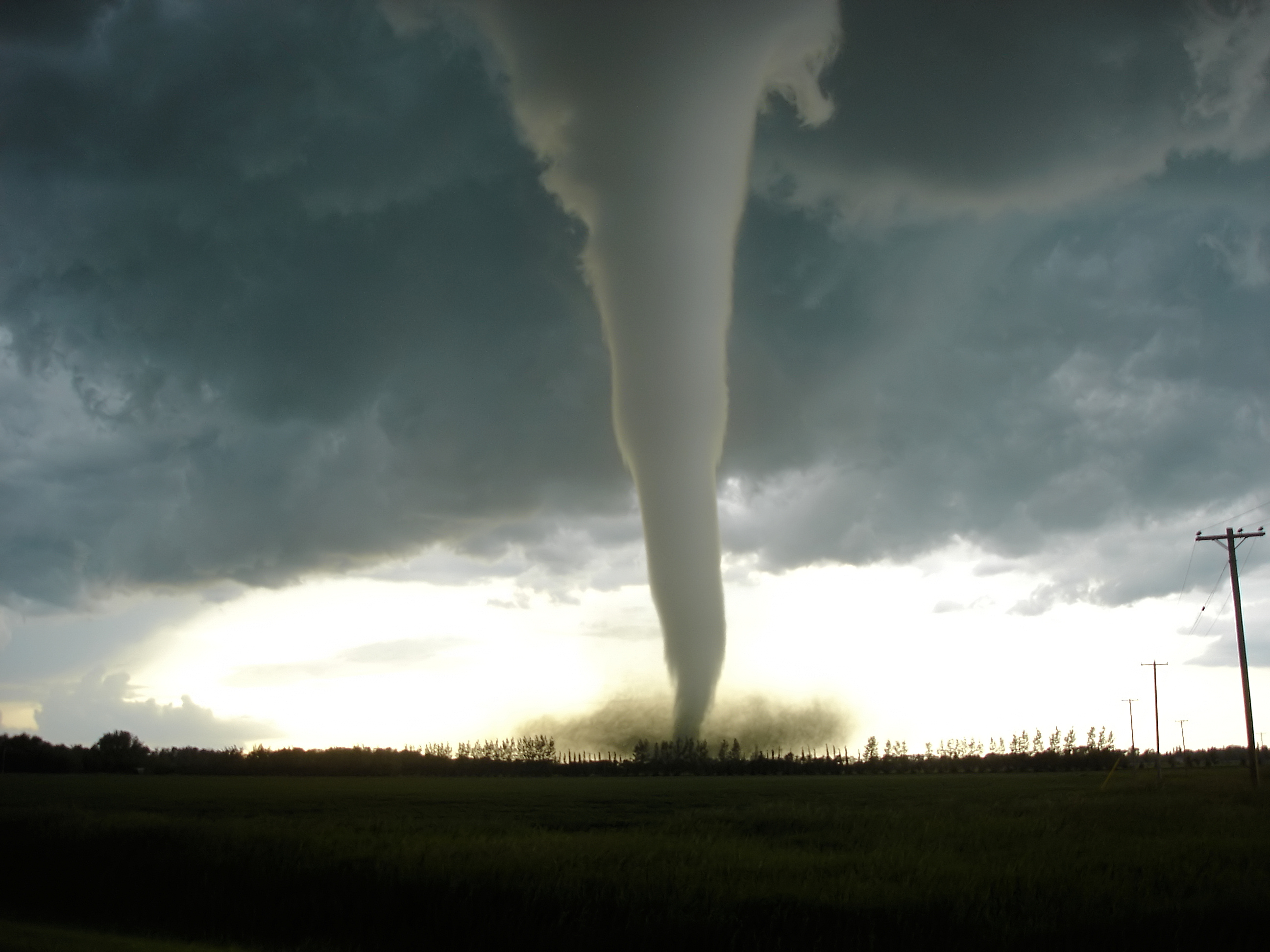Views expressed in opinion columns are the authors’ own.
In “The Eighteenth Brumaire of Louis Bonaparte,“ Karl Marx famously wrote that all world-historical events occur twice: first as tragedy, then as farce. This observation demonstrated itself this Monday. The last time a tornado hit College Park, it damaged buildings and killed people. This time, the University of Maryland warned everybody about a tornado that, as far as anyone can tell, didn’t happen. UMPD attributed the warning to AccuWeather, a private media company that advised that there may be a tornado in the area. The National Weather Service, the only agency authorized to issue an official tornado warning, did not issue one.
This university presumably pays some amount of money to use AccuWeather’s services. The National Weather Service is a bit different. It’s a socialized service, funded by taxes and offered freely. Despite its universal accessibility, the NWS often does a better job than private forecasters, as Monday’s tornado debacle shows.
This is not a small point. In American politics, it is often assumed that governmental institutions perform far worse than private ones. Public ownership is imagined to be a glue trap for productivity, catching the innovative energy of capitalism and holding it in place until it eventually suffocates in misery. This idea is bolstered by the disasters that occur in places like Venezuela due to horrendous mismanagement of state-run enterprises. In reality, public ownership works well.
Take health insurance, for example. Gallup has found that the more the federal government is involved in your health insurance, the more likely you are to be satisfied with it. The most popular healthcare plan in the country is the one offered to veterans and military members by the Veterans Health Administration, which, like the National Health Service in England, is fully socialized. The next most popular plan is Medicare, which uses private hospitals and doctors but government-run insurance; then Medicaid, which is a government program run jointly by the states and the federal government. Only after governmental programs have been exhausted do private insurance plans appear on the list.
State ownership is more common outside the US. The government of Norway, for instance, owns Norway’s largest oil, telecommunications, and financial services companies. Yet far from being some kind of Soviet disaster, Norway is ranked by the OECD as having one of the highest qualities of life in the world. It manages this while having one of the lowest Gini coefficients (a measure of income inequality) of any country.
In fact, the Norwegian government owns the majority of wealth in their country, with 58.6% of overall wealth and a staggering 76% of non-home wealth. The result is a society which has subordinated the economy to political control to a surprisingly high degree without any apparent material harm. They’ve done this, in large part, through social wealth funds. Essentially, a wealth fund is an index fund operated by the government, which pays out dividends equally to all citizens. Since an equal monetary amount is proportionally larger to those with lower pre-dividend incomes, a fund like this counteracts inequality. But as long as the wealth fund is designed correctly, the state eventually becomes the majority shareholder of every company in the fund.
There is no obvious reason the United States can’t adopt this approach. It retains the structures of the market and it would be implemented gradually. The result would be a society as innovative as late capitalism, but which distributes the benefits more justly. And once the government owns enterprises, bad behaviors by corporations — from raising the price of insulin to, yes, issuing false tornado warnings — can be stopped with the same boring management techniques that caused those things in the first place. We should follow Norway’s lead. Only then will society be able to send a very different UMD alert: “from each according to his ability, to each according to his needs.”
John-Paul Teti is a senior computer science major. He can be reached at jp@jpteti.com.



